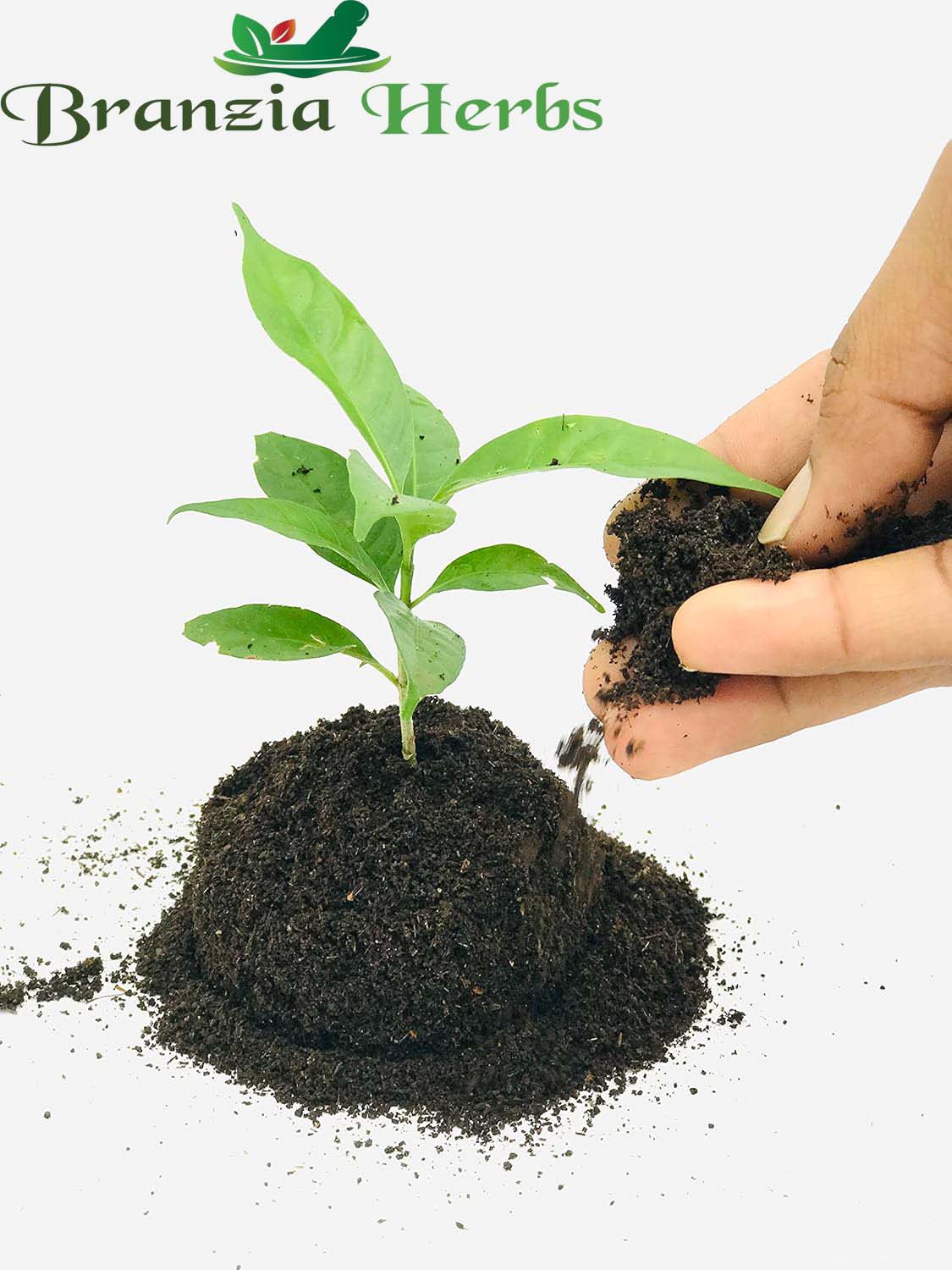Pongamia pinnata, commonly known as the Pungam Tree or Karanj, is a tropical leguminous tree valued for its ecological, economic, and medicinal benefits. The seeds of Pongamia pinnata are particularly important for propagation and have a range of uses. Here’s a detailed guide to Pongamia pinnata seeds, including their characteristics, benefits, and planting care:
Characteristics
-
Appearance:
-
Seeds: The seeds are flat, oval, and typically brown or dark brown. They are enclosed within a pod, which is a hard, woody structure.
-
Fruit: The fruit is a small, round, woody pod that contains 1-3 seeds. The pod turns brown and splits open when mature to release the seeds.
-
Tree Size:
-
Height: Pongamia pinnata can grow up to 30-50 feet (9-15 meters) tall.
-
Canopy: It has a broad, spreading canopy with compound leaves and small, fragrant flowers.
Benefits
-
Economic Uses:
-
Biofuel: Pongamia seeds are rich in oil, which can be extracted and used as a biodiesel. This makes the tree valuable for sustainable energy production.
-
Timber: The wood of Pongamia pinnata is used for making furniture and construction due to its durability.
-
Ecological Benefits:
-
Soil Improvement: The tree improves soil fertility through nitrogen fixation, thanks to its symbiotic relationship with root-nodule bacteria.
-
Erosion Control: Its extensive root system helps prevent soil erosion and stabilize the soil.
-
Wildlife Habitat: Provides habitat and food for various wildlife, including birds and insects.
-
Medicinal Uses:
-
Traditional Medicine: In traditional medicine, various parts of the tree, including the seeds, leaves, and oil, are used for their medicinal properties. The seeds are believed to have anti-inflammatory, antimicrobial, and analgesic properties.
-
Agricultural Uses:
-
Green Manure: The leaves and pods of Pongamia pinnata can be used as green manure to improve soil quality.
Planting Pongamia Pinnata Seeds
-
Preparation:
-
Seed Treatment: The seeds have a hard outer shell that may benefit from scarification to improve germination. Scarification can be done by lightly sanding or nicking the seed coat. Soaking the seeds in water for 24-48 hours before planting can also aid in germination.
-
Timing:
-
Optimal Season: Plant seeds in the spring or early summer when temperatures are warm and conditions are conducive to growth.
-
Soil and Location:
-
Soil Type: Prefers well-drained, loamy soil but can adapt to a range of soil types. Ensure good drainage to prevent waterlogging.
-
Location: Choose a sunny location with full sun exposure. Pongamia pinnata thrives in tropical and subtropical climates.
-
Planting:
-
Sowing Seeds: Plant seeds about 1 inch (2.5 cm) deep in the soil. Space seeds or seedlings about 15-20 feet (4.5-6 meters) apart to accommodate the mature tree size.
-
Germination: Seeds typically germinate within 2-4 weeks. Keep the soil consistently moist during this period.
-
Watering:
-
Initial Care: Water regularly to keep the soil moist but not waterlogged until the seedlings are established.
-
Ongoing Care: Once established, Pongamia trees are relatively drought-tolerant but will benefit from occasional watering during dry periods.
-
Fertilizing:
-
Nutrients: Fertilize with a balanced fertilizer during the growing season to support healthy growth. Organic compost or well-rotted manure can also be beneficial.
Care and Maintenance
-
Pruning:
-
Trimming: Prune young trees to shape them and remove any dead or damaged branches. Regular pruning helps maintain the tree’s structure and health.
-
Pest and Disease Management:
-
Monitoring: Pongamia pinnata is generally resistant to pests and diseases but should be monitored for common issues such as aphids or fungal infections.
-
Control: Use appropriate treatments if problems arise, following local guidelines.
-
Protection:
-
Young Trees: Protect young trees from extreme weather conditions and pests until they are well-established.
Environmental Considerations
-
Invasiveness: Pongamia pinnata is not typically invasive but can spread aggressively in some regions. Monitor its growth to ensure it does not outcompete native vegetation.
Summary
Pongamia pinnata seeds offer numerous benefits, including their use in biodiesel production, timber, and traditional medicine. The tree is valued for its ecological contributions, such as improving soil fertility and providing habitat for wildlife. By following proper planting and care guidelines, you can successfully grow Pongamia pinnata and enjoy its various advantages in tropical and subtropical environments.







